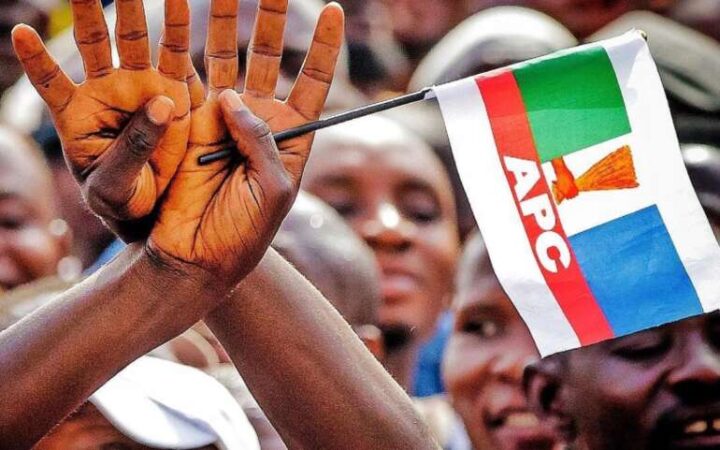BY BASSEY BASSEY
Without sounding so technical, groundwater is the water found underground in the cracks and spaces in soil, sand and rock. It is stored in and moves slowly through geologic formations of soil, sand and rocks called aquifers.
These aquifers hold water underground and provide water when dug into. Groundwater is an essential source of freshwater that most households rely on for their daily survival and irrigation.
In Nigeria, over 60 million Nigerians are without access to clean potable water. According to a World Bank report, it is safe to infer that these numbers are largely rural where municipal water pipes do not get to and the people are too poor to drill their own boreholes. Yet according we have water under our feet even though we were to go 50 years without a single rainfall.
Advertisement
In Abuja, Nigeria’s capital city, the FCT Water Board supplies water to only some area councils and districts within the city centre. In many rural communities, indigenous people of the FCT are left at the mercy of surface water systems that are sometimes seasonal.
Relying on traditional knowledge, indigenous people have devised ways of digging wells to tap into the groundwater system albeit with hard labour. Many of the indigenous people understand the value of water, especially groundwater and treasure it.
In Abuja, extracting groundwater is strenuous and difficult due to the geology of the area which is mostly igneous and metamorphic. With Abuja being a basement complex, digging sustainable wells (boreholes) requires expertise to find fault lines or aquiferous zones to dig boreholes, modern or improved technology which many of the rural people lack coupled with a long spell of dry season; the original inhabitants suffer water poverty with women and children being the victims and most affected and in many instances where there is no water, women and children, especially girls are traditionally assigned the role of water collection.
Advertisement
The assigned role of women and children collecting water in most African (Nigerian) homes deprives them of productive time for their economic activities, schooling and pre-disposes them to sexual and gender-based violence, kidnapping and even trafficking.
As the world makes recovery from the pandemic and continues to combat the impact of climate change it is critical that the government commits to expanding water infrastructures beyond town and municipal cities to rural communities. Water poverty is one of the multidimensional poverty faced by Nigerians especially original inhabitants of Abuja who have to grapple between sourcing water for agricultural activities like irrigation and for domestic use.
In line with this year’s theme of making the invisible visible, the government must invest in both human expertise and technology to provide clean and potable water to its citizens and also set up proper water governance structures for the efficient management of water resources that will guarantee that all citizens enjoy this right without resorting to violence as a means to control this resource as seen in the Lake Chad region and some parts of the FCT, where farmers, herders and community residents are always in a constant tussle as to who enjoys or takes dominance of water bodies in communities.
Bassey Bassey is the executive director, HipCity Innovation Centre, and a sustainable rural and urban advocate. He can be reached via [email protected]
Advertisement
Views expressed by contributors are strictly personal and not of TheCable.
Add a comment






